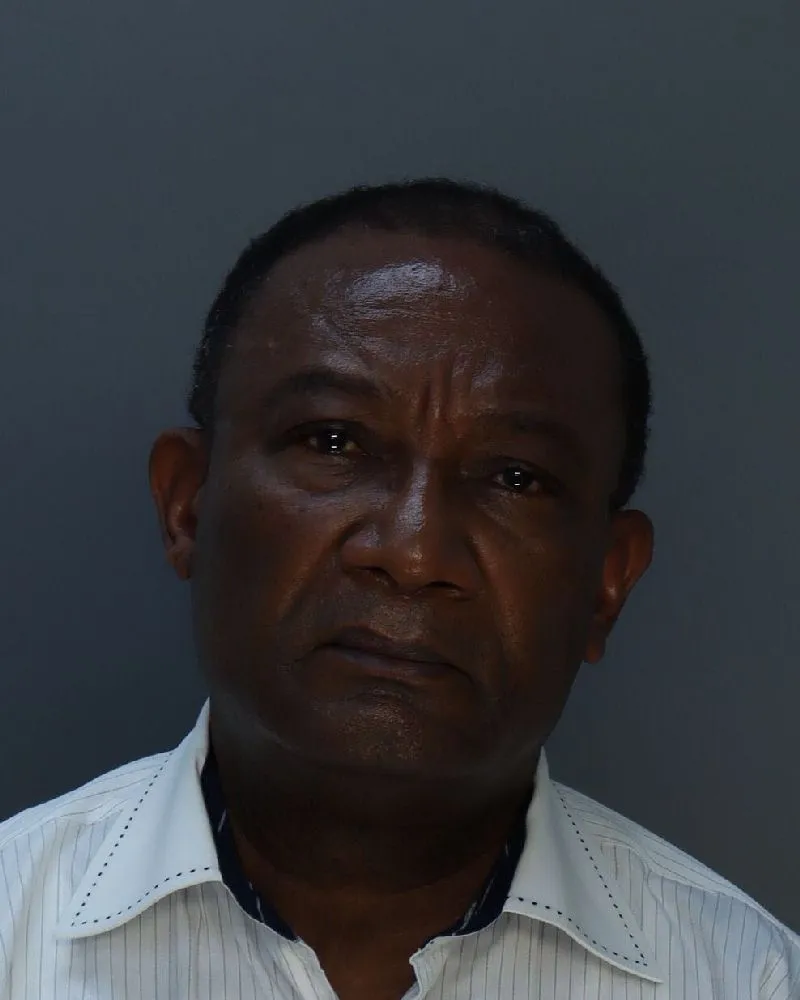
Washington, D.C. Newsroom, Feb 18, 2022 / 17:15 pm (CNA).
A priest in the Archdiocese of Miami convicted in October of raping a woman in his parish rectory was sentenced Thursday to nearly eight years in prison.
Father Jean Claude Philippe, 67, pastor of Sacred Heart Church in Homestead, Florida, was sentenced to 94½ months in state prison, the minimum sentence allowed for the crime. Prosecutors had sought the maximum sentence, 15 years.
A Vincentian priest, Philippe was accused of raping a woman at the church’s rectory where he lived in 2018 after giving her a drugged beverage. He admitted during the trial to inviting the woman to his home and stripping down nearly naked while giving her a body massage with oil, but he denied raping her, the Miami Herald reported.
The woman testified that Philippe was close to her family, having officiated at her wedding and serving as godfather of her and two of her children.
“This situation changed my life upside down,” the woman said through a court interpreter prior to Philippe’s sentencing Feb. 17.
“It’s very difficult to see now the person that I respected so much, that I trusted so much, and see how much he has harmed my life,” she said.
Philippe also spoke in court before he was sentenced.
“So then I asked God, ‘I don’t know why I’m going through this experience,’ and I know the devil is real, I know the devil is powerful, but he won’t change me,” he said through an interpreter, according to a media pool video of his statement.
Adding to the scandal for the Archdiocese of Miami was the woman’s allegation that she had reported the rape to Father Silverio Rueda, a now-retired in the archdiocese who allegedly told her to keep silent, the Miami Herald reported.
The archdiocese issued a statement after Philippe’s sentencing. “The Archdiocese of Miami deeply regrets the harm perpetrated by this priest, which extends not only to the survivor of this assault and her family but to the parishioners, to priests of integrity and to the entire community of faith,” it read.
The statement went on to say that “hopefully [the sentencing] will bring closure to his victim, and we pray that she and her family, hurt by this betrayal of trust, can begin to heal.”
If you value the news and views Catholic World Report provides, please consider donating to support our efforts. Your contribution will help us continue to make CWR available to all readers worldwide for free, without a subscription. Thank you for your generosity!
Click here for more information on donating to CWR. Click here to sign up for our newsletter.




Leave a Reply